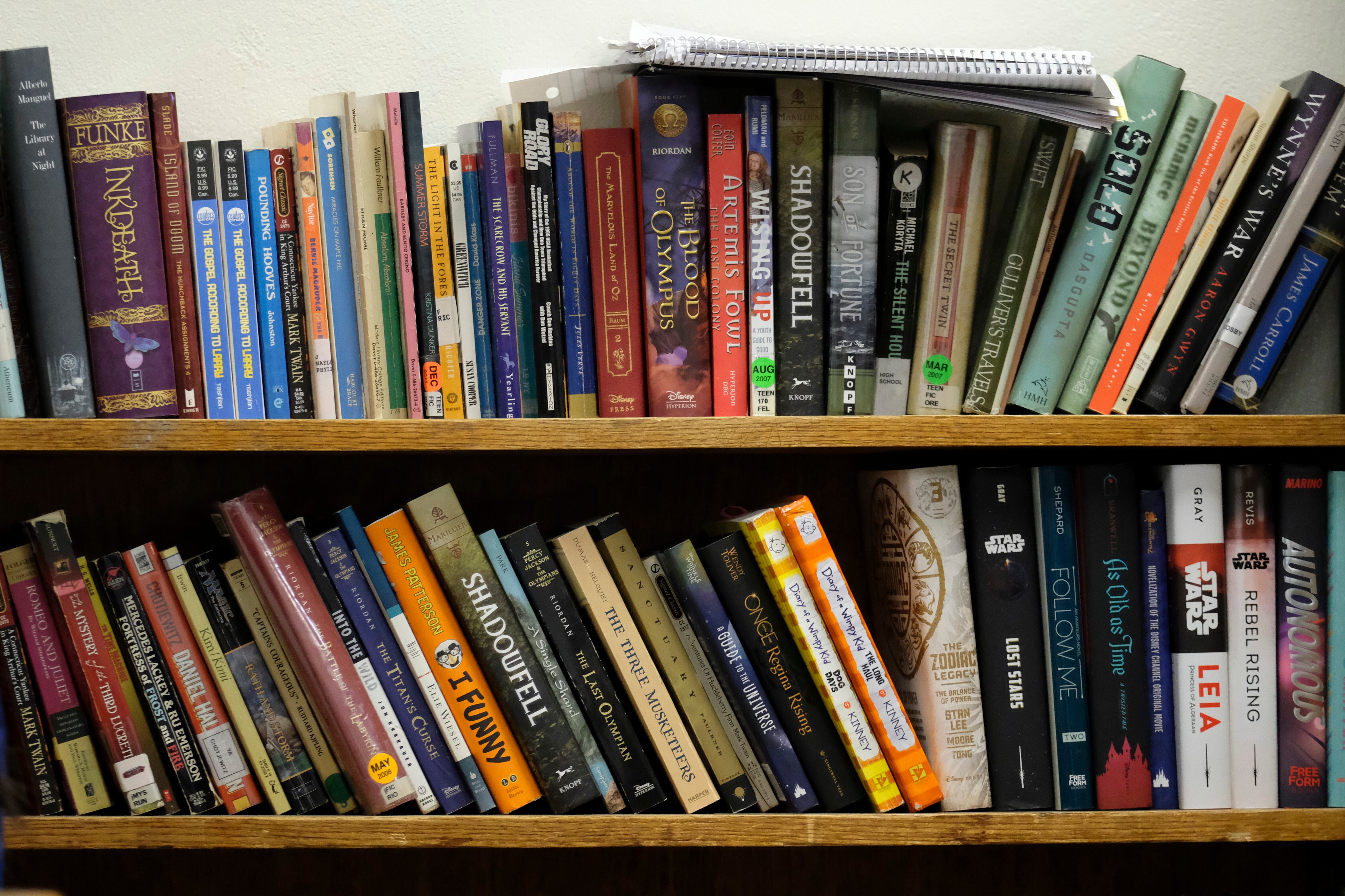Without data to paint a picture of academic success or failure, Indianapolis Public Schools will likely delay for a year renewing the contracts of four privately run schools under its supervision.
Instead, the board on Thursday will vote on extending current contracts for four innovation schools, which are academically accountable to the district but are operated by non-profit or charter school partners.
Normally, the board would review the performance of the four schools and consider renewing their contracts to educate IPS students. But IPS administrators lacked data for any reviews.
Because of disruption from campus closures and remote learning — measures taken to combat the spread of the COVID virus — the district suspended visits to review schools, and schools did not administer state tests last school year.
In effect, the district may grant the four schools — Global Prep Academy, Kindezi Academy, Cold Spring School, and Phalen Leadership Academy at School 93 — a one-year hold-harmless extension, board President Michael O’Connor said.
Superintendent Aleesia Johnson, at a meeting Tuesday in preparation for Thursday’s board meeting, said that approving a one-year extension would not be a judgment on the schools. She noted that the district is also not reviewing the performance of traditional schools, either, “in the midst of massive disruption and change that’s happening across every single school.”
If the board were not to act on the contracts, the four schools could qualify for an automatic five-year renewal when their contracts expire in June. The district staff has recommended extending current contracts in order to review next year’s state data on student growth, graduation rates, staff retention, leadership stability, financial reporting, and discipline trends.
Kevin Kubacki, executive director for the Neighborhood Charter Network, which manages Kindezi Academy, praised the recommendation for an extension. The school served about 425 students in grades K-6, according to a district report.
Had the district tried to conduct its normal reviews, “They would have brought their team in either August or September and done all that, which would have been chaos, given the state of the country and the world right now,” he said.
Kubacki said a delay allows people to make informed decisions about a school’s progress.
“It gives us a higher likelihood of having meaningful data to make decisions,” he said.
The district administration has recommended no changes to any terms of the contracts.
Correction: Nov. 18, 2020: This story has been updated to remove incorrect information about a change to an innovation school contract.






